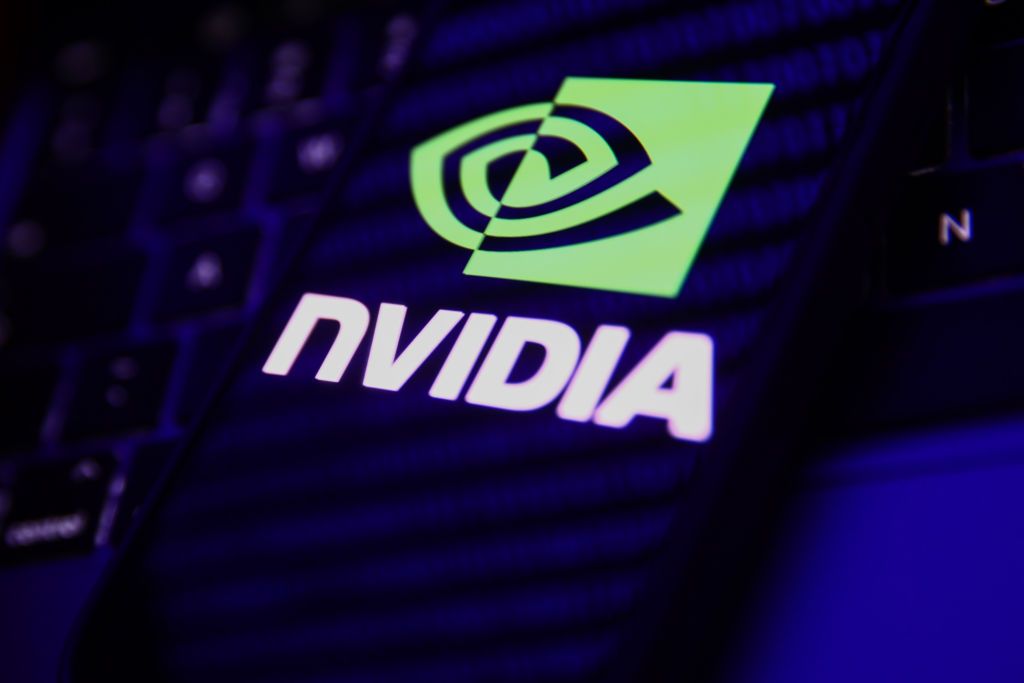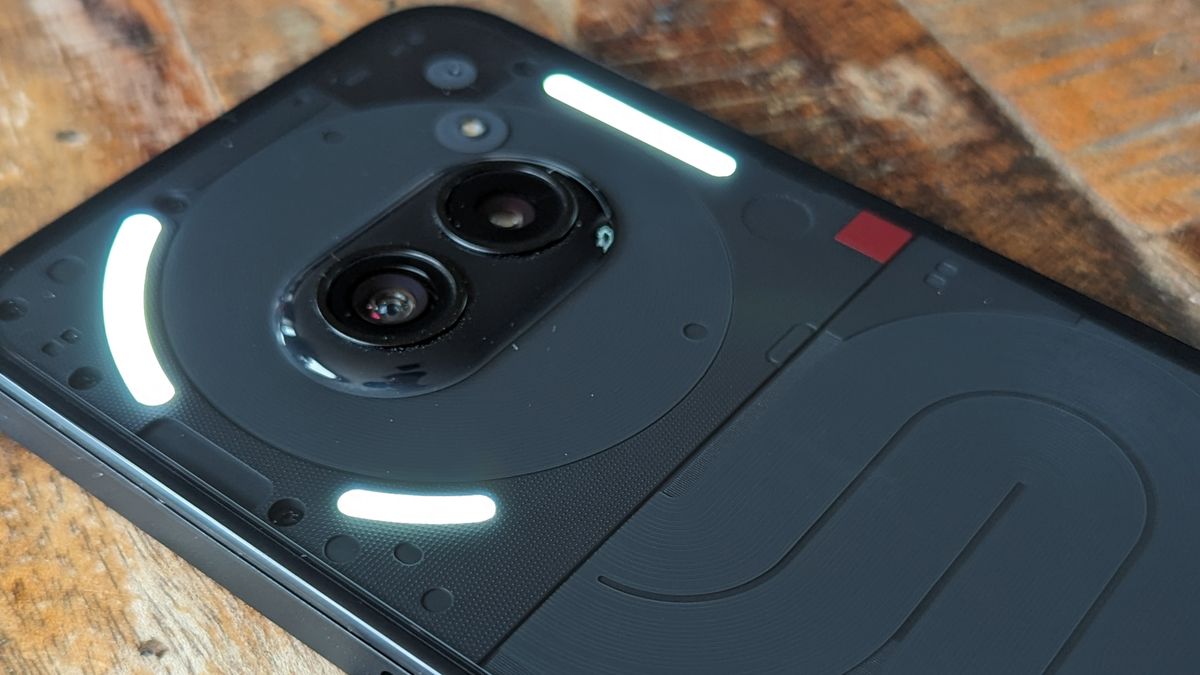Nvidia is showcasing some pretty impressive upcoming tech at CES 2024, including some brand new displays that are equipped with their newly revealed G-Sync Pulsar technology.
An evolution of G-Sync, the proprietary variable refresh rate (VRR) technology found in many of the best high refresh rate monitors, G-Sync Pulsar is set to combine VRR and ultra low motion blur (ULMB) for an even smoother gaming experience.
For those who need a quick refresher, the first incarnation of G-Sync was released back in 2013 and was intended to eliminate both screen tearing (image distortion when displaying a fast-moving picture) and input latency (delays in the image appearing on screen). It achieved this by constantly adapting your monitor refresh rate to the GPU frame rate and the results were pretty dramatic for the time.
Competitor AMD then released AMD FreeSync in 2015, which was effectively just the company’s own take on VRR. Now it’s very likely that your display comes equipped with one of the other if you own any of the best gaming monitors.
Nvidia has continued to develop G-Sync to try and stay ahead, including by incorporating high dynamic range (HDR) compatibility in 2017 to allow for a silky smooth picture with more accurate and realistic color tones.
G-Sync Pulsar is the next major incarnation of G-Sync and finally brings ULMB into the equation. As Nvidia explains in a recent news post, in the past you would have to choose between ULMB or G-Sync on your display. This was because ULMB, which increases motion clarity, worked by backlight strobing – flashing the backlight in a specific way to reduce your eye’s perception of object permanence.
It’s all very technical, but the variable timing of this strobing would basically cause serious flickering if it was combined with G-Sync. G-Sync Pulsar finally brings the two together, however, thanks to what Nvidia calls a “novel algorithm that dynamically adjusts strobing patterns to varying render rates.”
In simple terms, this means that users with a G-Sync Pulsar compatible monitor and a Nvidia GPU will benefit from much clearer motion while they play. This could be a real game changer for competitive titles and Nvidia has released a short clip illustrating the difference that G-Sync Pulsar could make in Counter-Strike 2.
The entire picture is much more readable, with more precise detail and clearer text. Obviously we will need to wait until the monitors are out in the wild to judge things properly, but those attending CES 2024 can get an early taste of G-Sync Pulsar at the Nvidia booth.
For more on gaming monitors, see our guides to the best monitors for PS5 or the best monitors for Xbox Series X.





